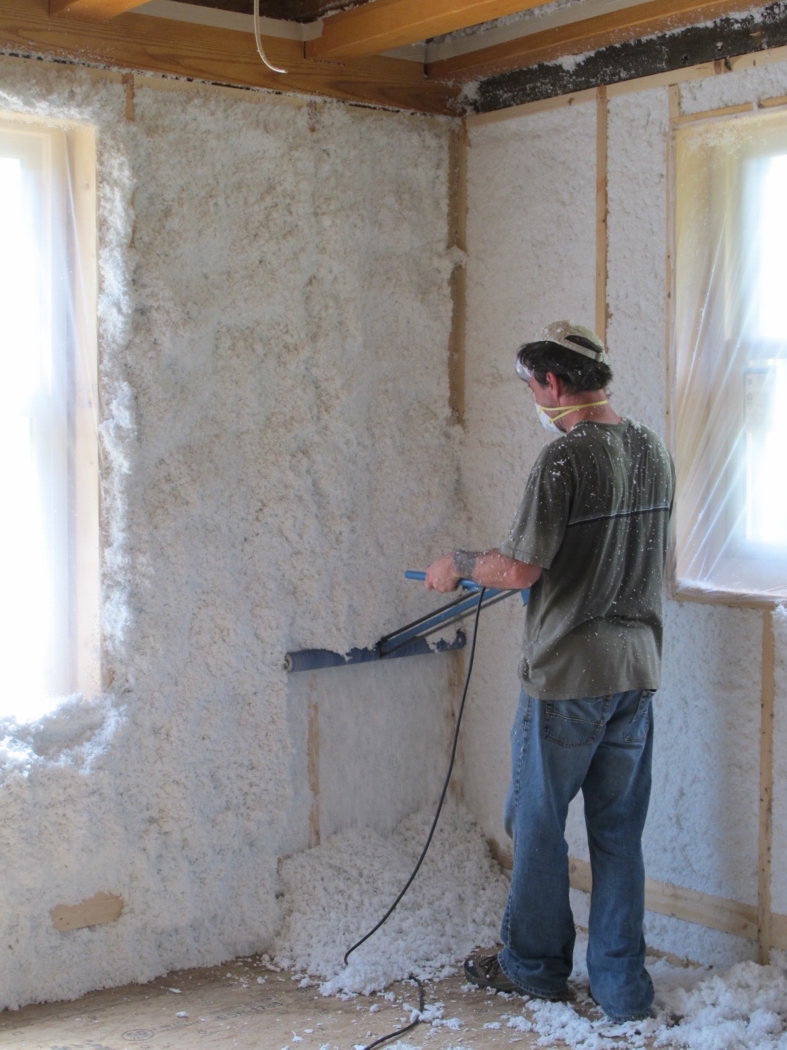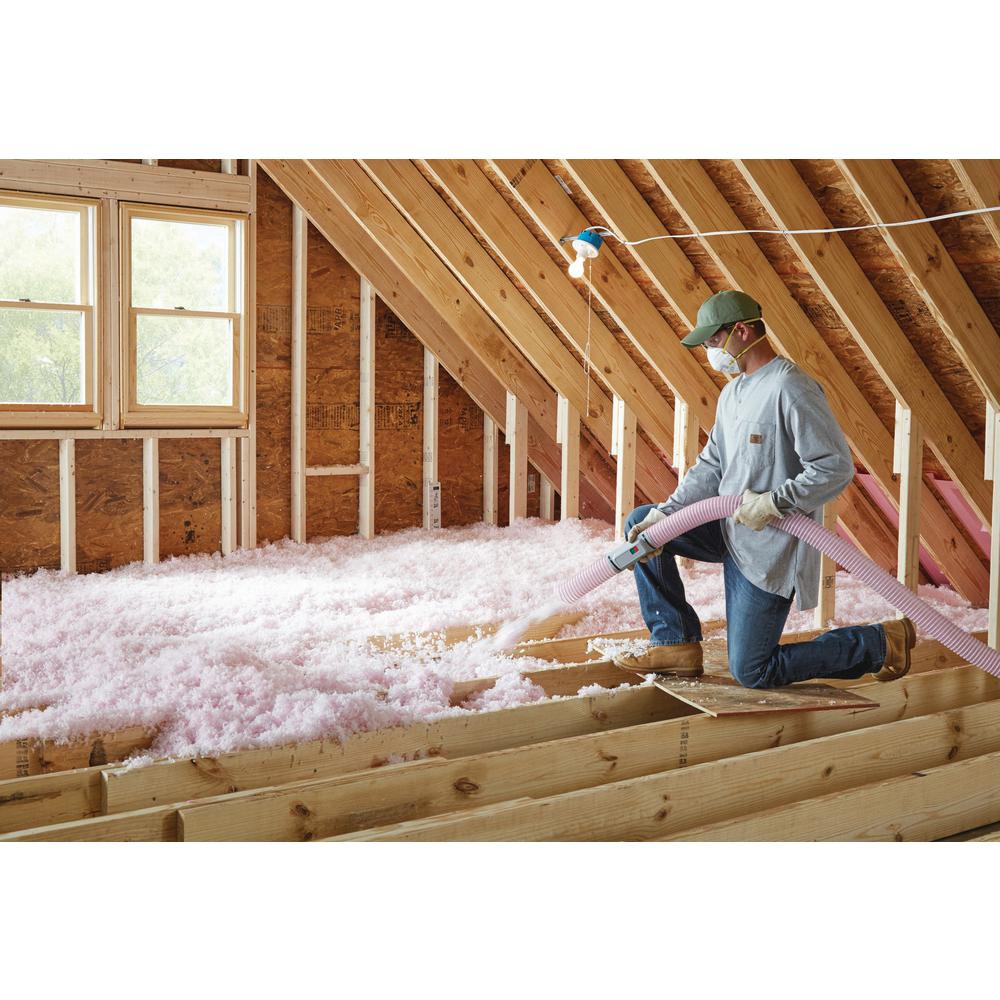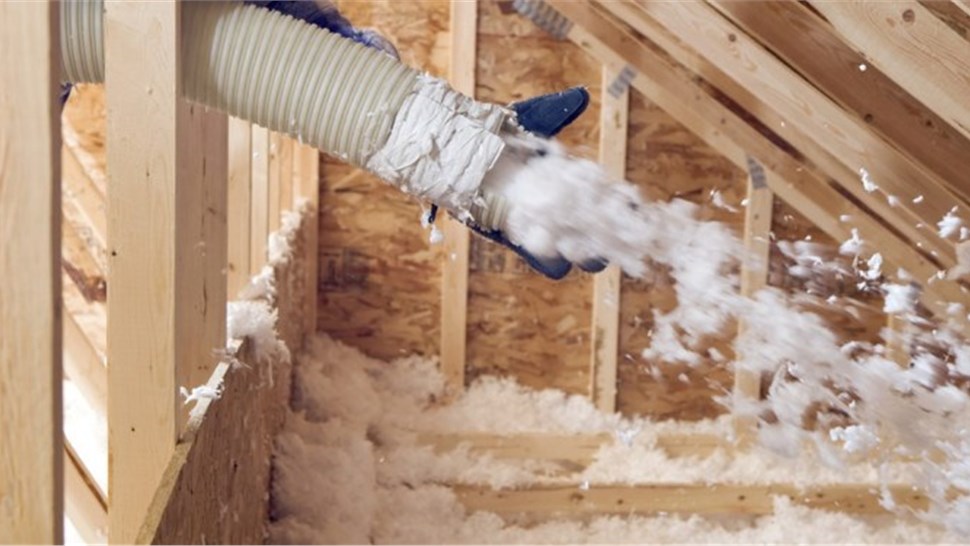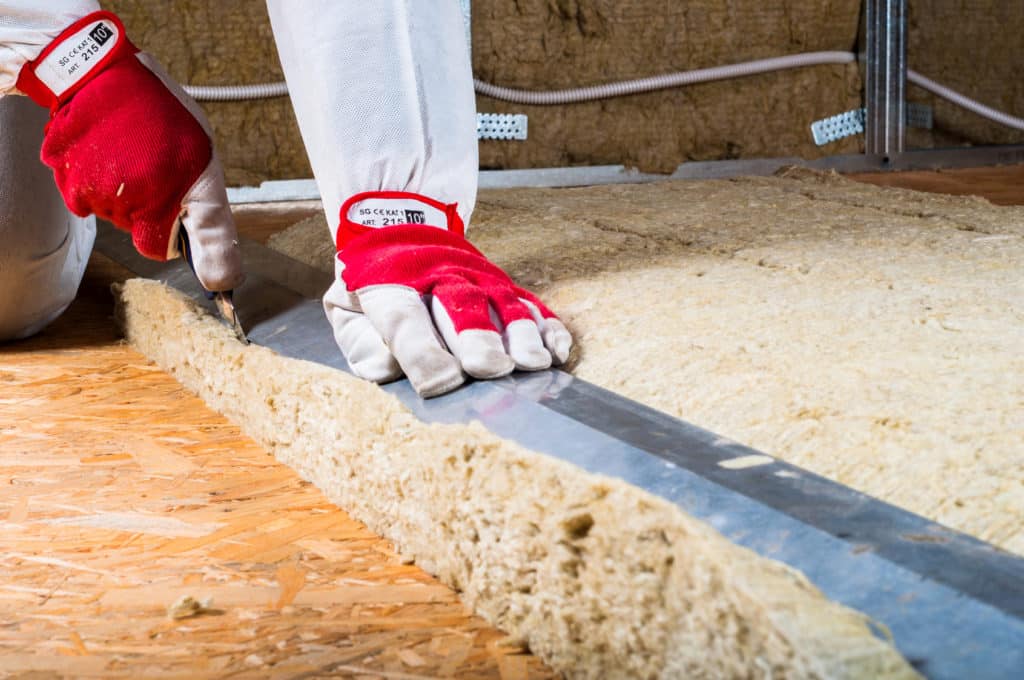The three most common types of blown in insulation are loose fill fiberglass cellulose and rock wool each with its own pros and cons.
How does blown in fiberglass insulation work.
Ten inches of blown insulation provides an insulating value of approximately r 30 1 inch of fiberglass provides about r 2 7 while 1 inch of cellulose is approximately r 3.
Fiberglass manufacturers have developed blown fiberglass insulation they claim won t settle over time.
Homes insulated with cellulose insulation require considerably less energy to heat and cool then homes insulated with fiberglass.
The material can be either fiberglass or cellulose and consists of fiber foam or other materials in small particles and can even feel like down.
Blown in insulation is about 1 484 with most homeowners spending between 925 and 2 076 but this is dependent on whether the work is done by the homeowner or by a professional blown in insulation also called loose fill runs from 1 to 1 50 per square foot.
Cellulose blown in insulation reduces air leakage more effectively than fiberglass batting or fiberglass blown in insulation.
There are three types of blown in insulation.
This concern can actually be avoided in both cases if the insulation is more densely packed in the spaces but fiberglass will require special training and tools to do so and even then it proves more difficult than cellulose.
Where a fiberglass blanket already exists in the attic the additional blow in insulation is usually spread right on top of the fiberglass.
Blowing attic insulation isn t hard but it s dusty sweaty work.
It is non conductive conveniently available in either roll or batt form and has gone on to become the most popular insulating material currently available.
How much does attic insulation cost.
It is lightweight yet strong and since glass isn t a good conductor of heat it s a very effective insulation material.
Fiberglass is a composite material made of a plastic matrix reinforced by tiny glass fibers.
How fiberglass insulation works.
Each bag of fiberglass insulation will cover approximately 65 square feet of attic space to a depth of 10 inches cellulose insulation covers half as much.
Cellulose is the better insulation.
If you need to add insulation in your attic save big by blowing in cellulose insulation yourself.
How does insulation work to prevent heat loss.
Fiberglass insulation was created in the early 1930s by a scientist at owens corning as an alternative to the highly combustible materials used to insulate homes in those days.
How it is done for walls with existing closed up walls blow in insulation is the highly preferred way to go unless you want to rip off exterior siding or interior drywall to access wall cavities.
Blown in insulation overview.










